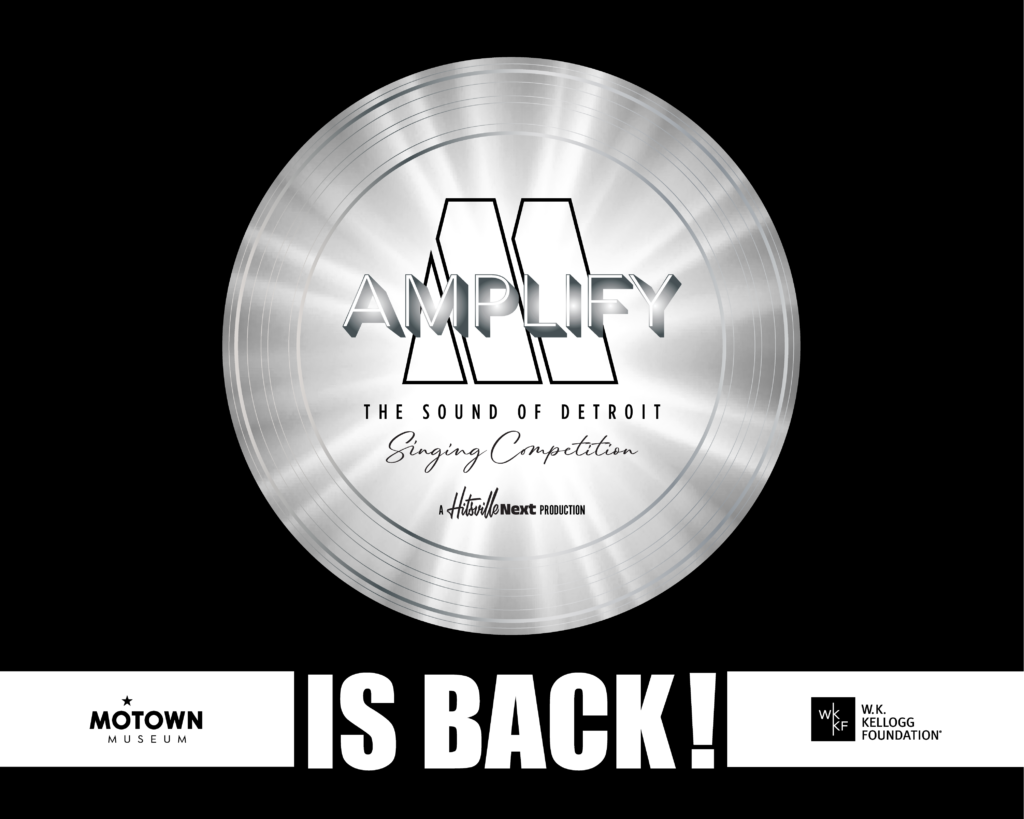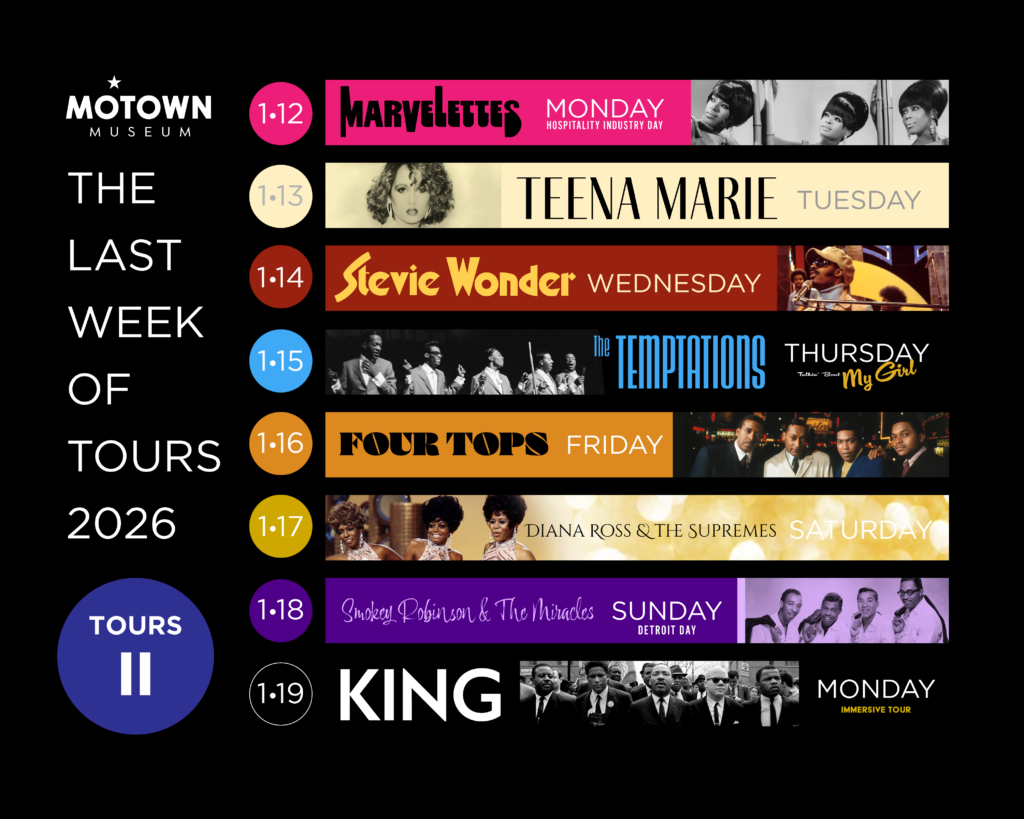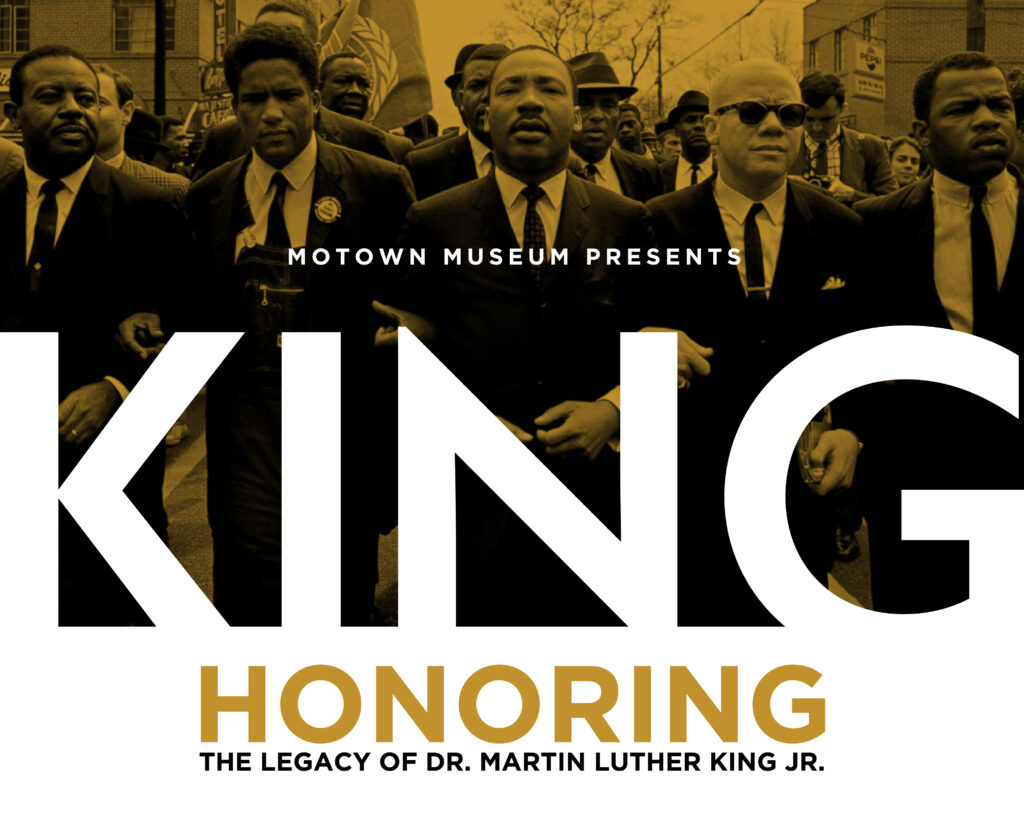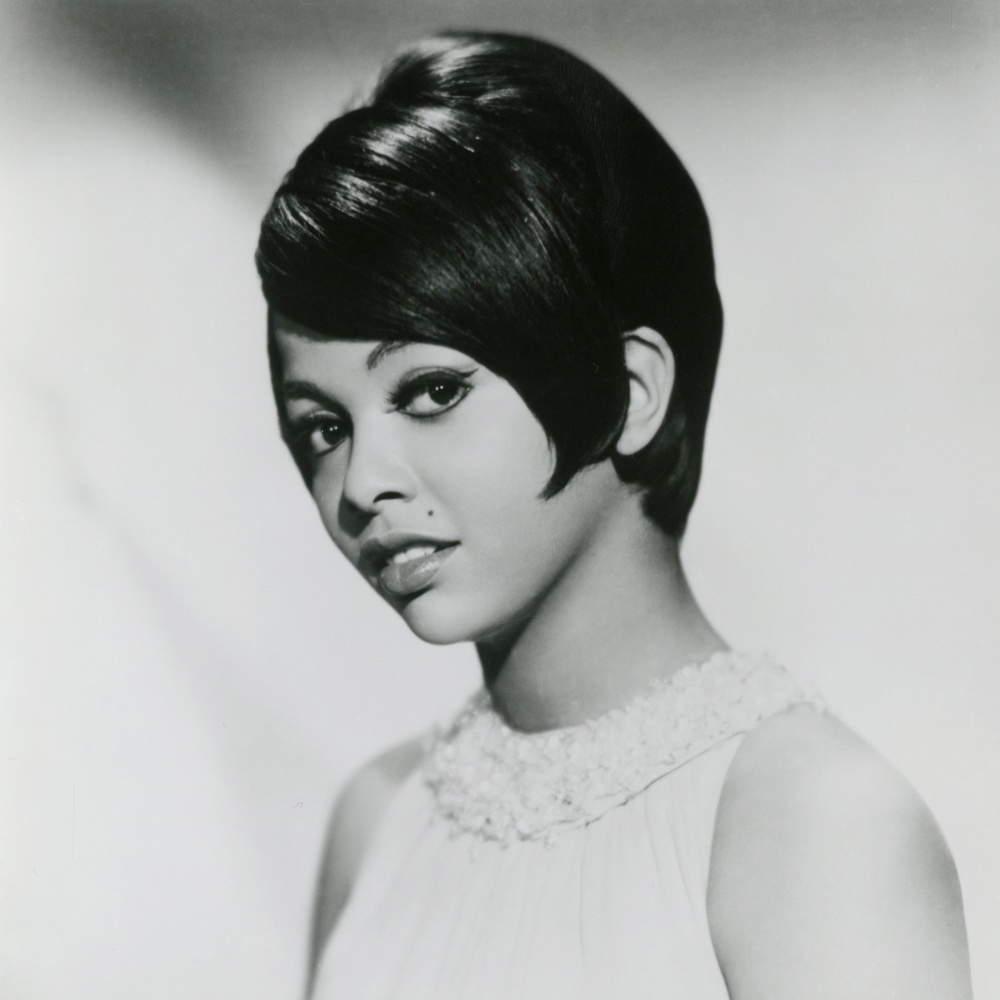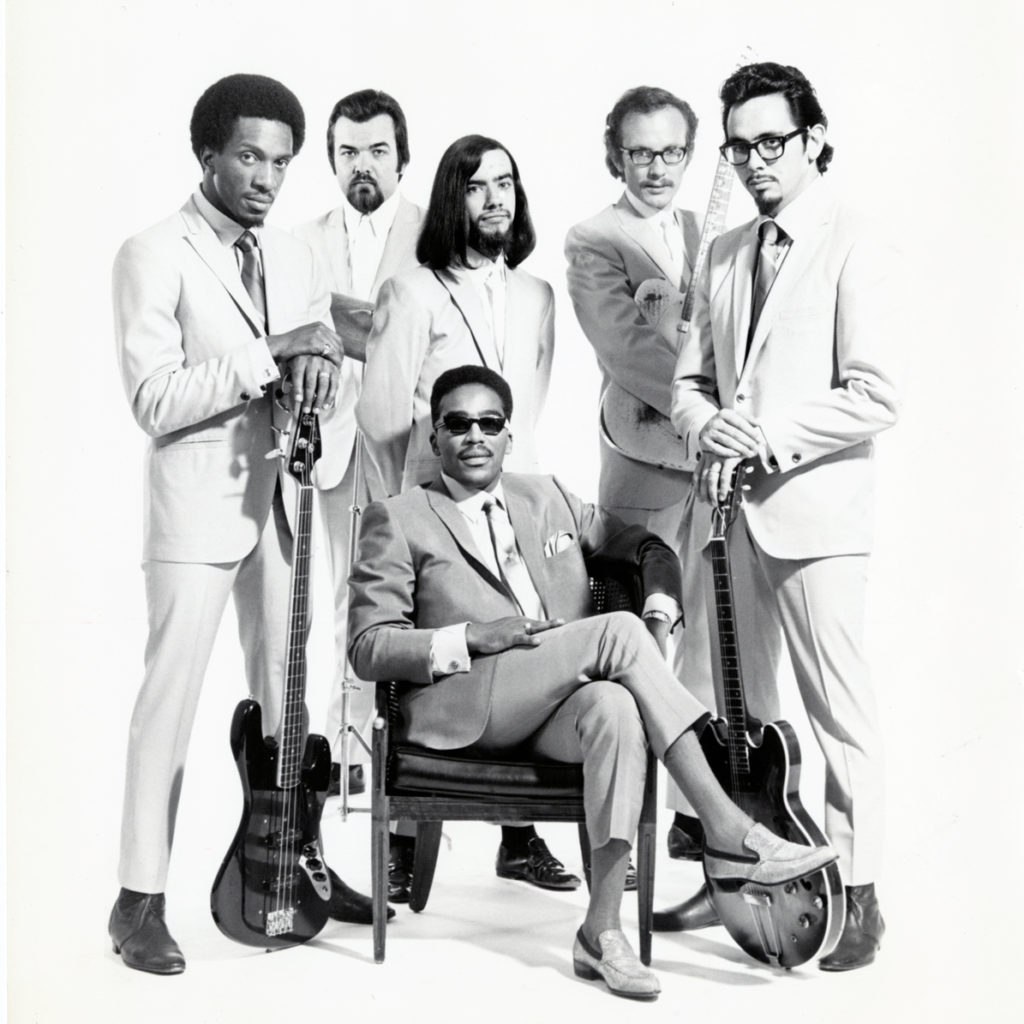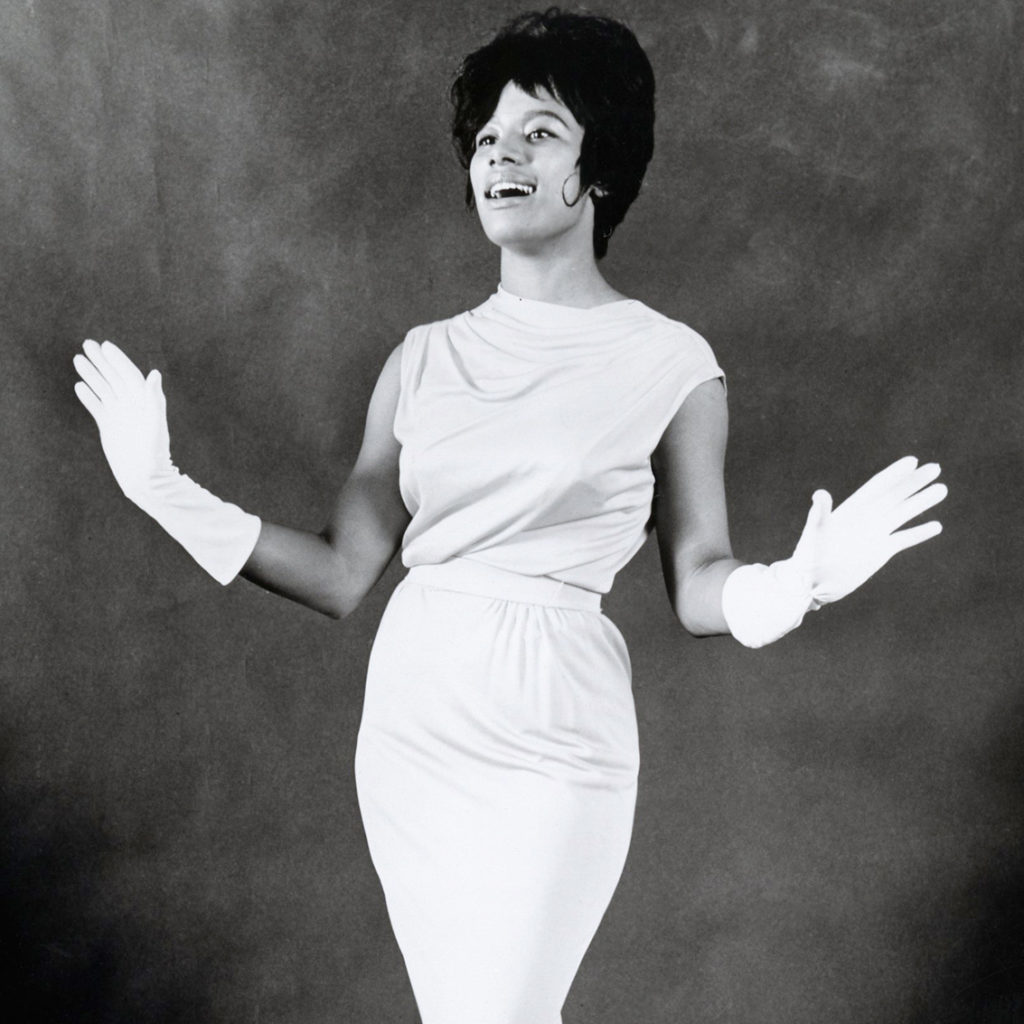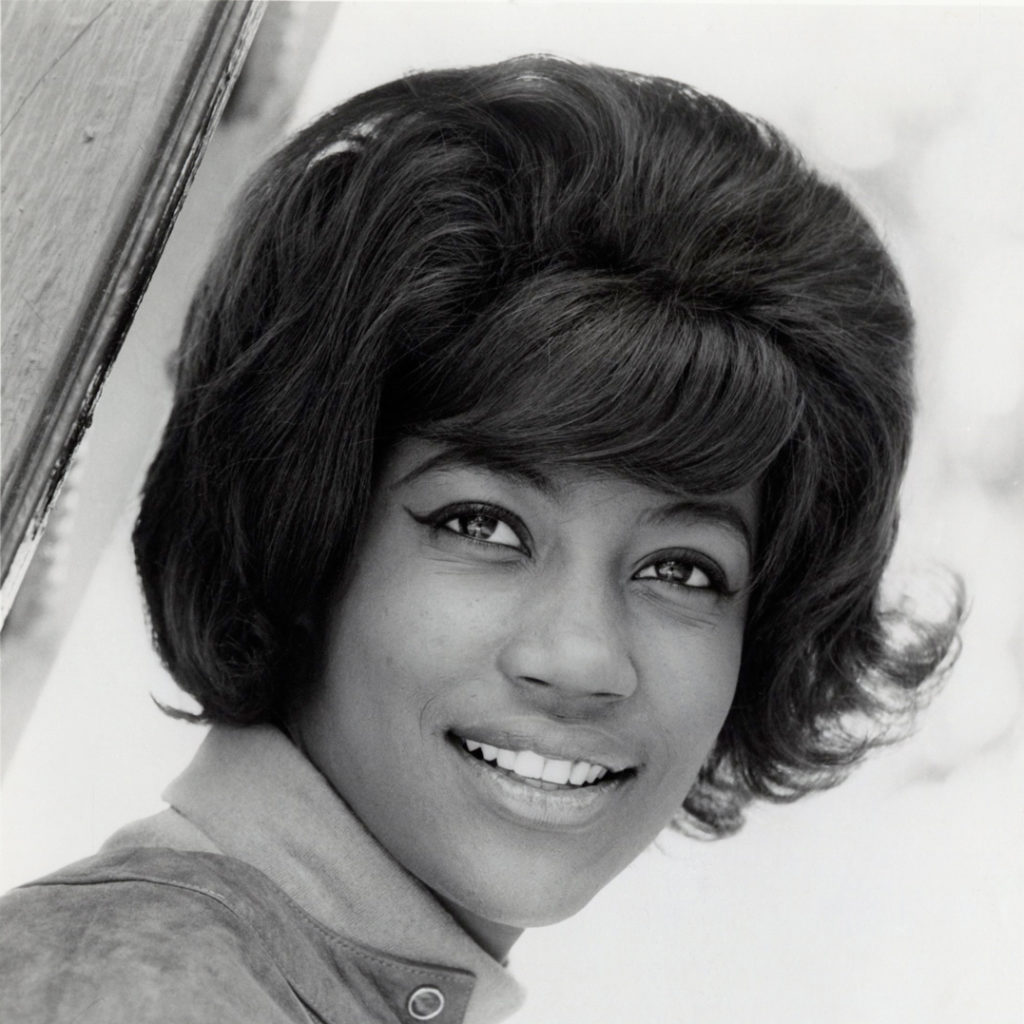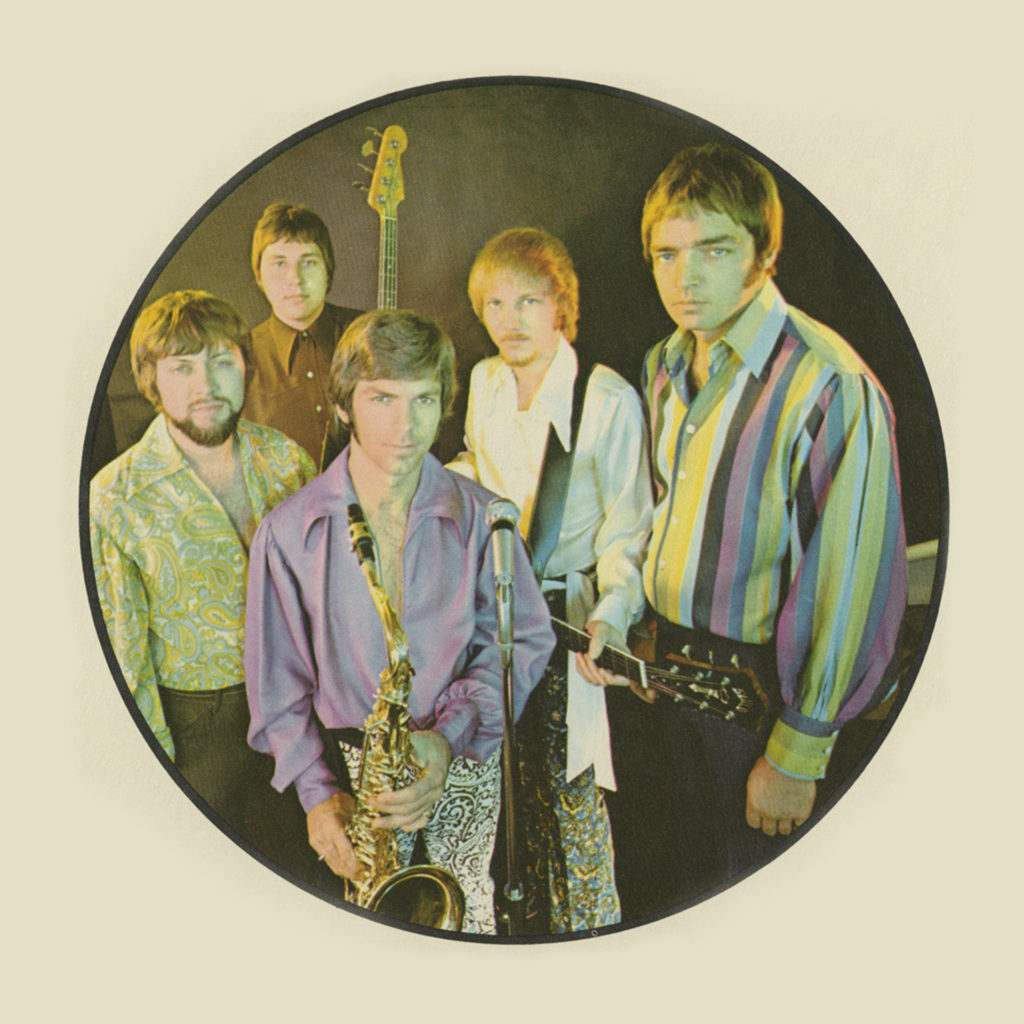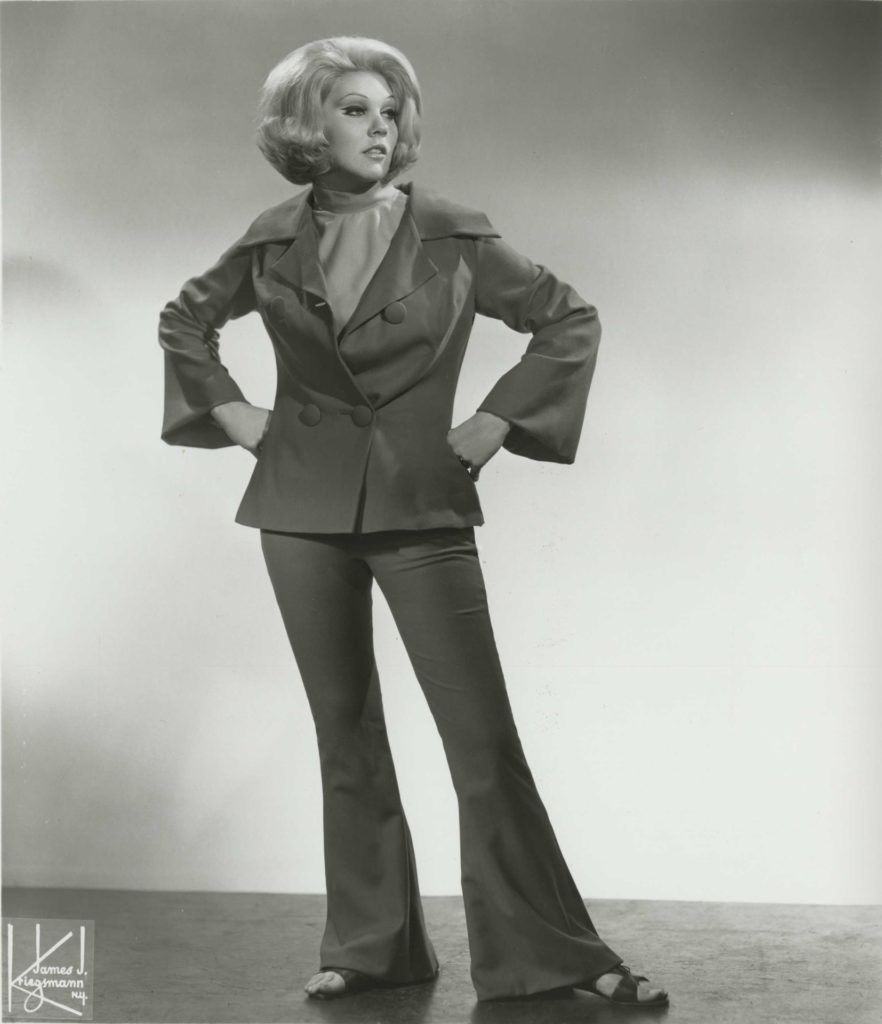

Born and raised in Santa Cruz, California, Chris Clark spent much of her early life trying to find the right genre. Experimenting with rock, folk, and what she called ‘hippie’ music; she eventually found her voice in soul music. After auditioning for Motown’s Hal Davis in California, Chris was sent to Detroit to audition for Berry Gordy. Berry, however, was not sold until she sang, acapella, an Etta James song he had co-written titled, “All I Could Do Was Cry.” Signed to the VIP label in 1966, Chris Clark released her first single that same year. “Love Gone Bad” would reach the top 50 of the US R&B charts and even break into the top 100 of Canadian pop charts.
While her albums Soul Sounds (1967) and CC Rides Again (1969) were mild successes, she redirected her focus to film and television. Her first major project was working on the 1972 film Lady Sings The Blues starring Diana Ross. The film, based on the life of blues singer Billie Holiday, was a passion project for Berry Gordy who turned to Chris Clark and Suzanne de Passe to help with re-writes of the script. The film earned multiple nominations and awards, including an Academy Award nomination for Best Original Screenplay. Following the success, she was made Vice President of Motown’s film division and next served as a creative assistant on the 1975 film Mahogony, also starring Diana Ross.
Chris Clark continued at Motown in their film and television department until 1989 when she left Motown to focus on other ventures. She has since shifted her creative eye to behind the camera, becoming a photographer.
Chris Clark performing “Don’t Be Too Long” in 1966 on variety show ‘Where The Action Is TV Show’
Motown Note
After a string of failed auditions, Chris Clark told her agent she would not audition again unless it was at Motown.
Bibliography
Classic Motown. n.d. Chris Clark | Classic Motown. [online] Available at: <https://classic.motown.com/artist/chris-clark/> [Accessed 19 July 2022].
Gordy, B., 1994. To Be Loved. New York: Warner Books, INC, pp.242-243, 308-318.
Soulwalking.co.uk. n.d. Chris Clark Page. [online] Available at: <http://www.soulwalking.co.uk/Chris%20Clark.html> [Accessed 19 July 2022].
Dahl, B., 2013. Chris Clark – Motown’s Great White Hope – Ponderosa Stomp. [online] Ponderosa Stomp. Available at: <http://blog.ponderosastomp.com/2013/08/chris-clark-motowns-great-white-hope/> [Accessed 19 July 2022].
IMDb. n.d. Chris Clark – IMDb. [online] Available at: <https://www.imdb.com/name/nm0163771/bio> [Accessed 19 July 2022].
Turner, A., 2005. BBC – Music – Review of Chris Clark – The Motown Collection. [online] Bbc.co.uk. Available at: <https://www.bbc.co.uk/music/reviews/mcdp/> [Accessed 19 July 2022].
Chrisclarkinc.com. n.d. BIOGRAPHY | Chris Clark. [online] Available at: <https://www.chrisclarkinc.com/biography/> [Accessed 19 July 2022].
Waller, D., 2009. Motown’s great white hope. [online] latimes.com. Available at: <https://www.latimes.com/archives/la-xpm-2009-aug-21-et-chris-clark21-story.html> [Accessed 19 July 2022].
McGarry, J., 2009. CHRIS CLARK: I BEG YOUR GODDAMNED PARDON. [online] Larecord.com. Available at: <https://larecord.com/interviews/2009/08/21/chris-clark-interview-i-beg-your-goddamned-pardon> [Accessed 19 July 2022].
Benjaminson, P., 2022. Mary Wells: The Tumultuous Life of Motown’s First Superstar.
Selvin, J., 2007. An unsung soul singer resurfaces. [online] SFGATE. Available at: <https://www.sfgate.com/entertainment/article/An-unsung-soul-singer-resurfaces-2544152.php> [Accessed 19 July 2022].
